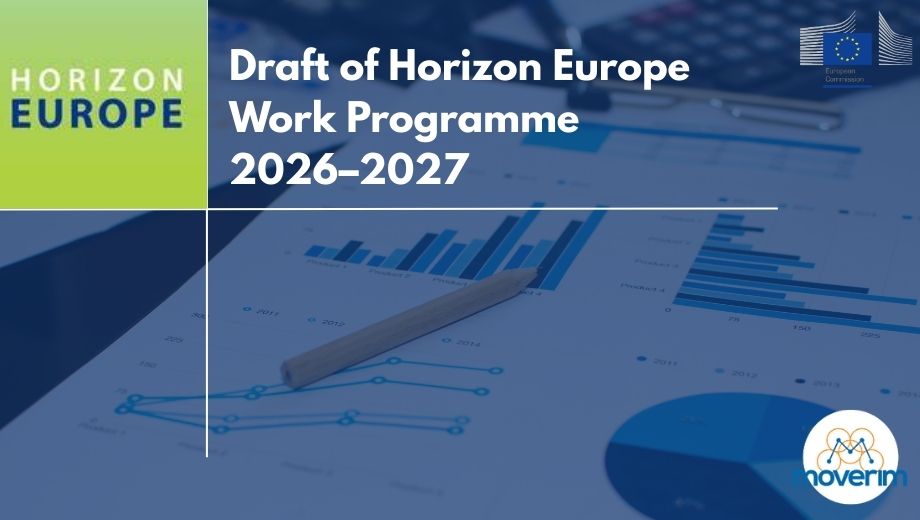
The European Commission has published the draft Horizon Europe Work Programme 2026–2027, setting the direction for the final years of the EU’s flagship research and innovation framework. The document, now under consultation, puts the spotlight on the five EU Missions launched in 2021, with a combined budget of more than €700 million to be invested in targeted research, innovation, and demonstration actions.
A Mission-Oriented Strategy
At the heart of the draft lies the mission-driven approach, a model first introduced in 2021 to give research and innovation a clear societal direction. Each mission is defined by a concrete target for 2030 and is designed to mobilize not only scientists, but also policymakers, citizens, and industry.
The Mission on Adaptation to Climate Change aims to make at least 150 regions resilient to climate impacts within the decade. The Cancer Mission seeks to transform prevention, diagnosis, and treatment so that more than three million Europeans can live longer and healthier lives. The 100 Climate-Neutral and Smart Cities by 2030 Mission positions selected cities as pioneers of Europe’s green transition, serving as models for urban transformation. With the Restore Our Ocean and Waters Mission, the EU is focusing on protecting ecosystems, reducing pollution, and building a sustainable blue economy. Finally, the Soil Deal for Europe Mission mobilises 100 living labs and lighthouses to restore soil health, which is seen as essential for food systems, biodiversity, and climate resilience.
Budgets and Priorities by Mission
Adaptation to Climate Change will receive around €150 million to fund projects on climate services, disaster risk management, resilient infrastructures, and artificial intelligence to strengthen adaptation capacities at local and regional level.
The Cancer Mission is the most heavily funded, with an allocation of about €249 million. Priorities include virtual human twin models, microbiome-based early detection, clinical trials for innovative therapies, and improving the quality of life of both young and elderly cancer survivors.
With close to €241 million, the Restore Our Ocean and Waters Mission will support large-scale demonstrations for marine restoration, circular seafood supply chains, resilient harbours, and the further development of the European Digital Twin Ocean.
The 100 Climate-Neutral and Smart Cities Mission has a budget of approximately €123 million. Funds will be channelled into sustainable transport, energy-efficient heating, innovative microgrids, circular economy models, and pre-commercial procurement schemes to accelerate the transition to net-zero.
Finally, the Soil Deal for Europe Mission will mobilise about €163 million, expanding living labs across different biogeographical regions, developing monitoring frameworks, testing microbial and biofertilizer innovations, and addressing soil degradation and pollution in line with a “One Health” approach.
Cross-Cutting Innovation
Beyond the five missions, the draft foresees joint calls to strengthen synergies between initiatives. Notable examples include €38 million for circular economy in the construction sector (Cities + New European Bauhaus + Build4People), €20 million for combined soil and climate resilience demonstrations, €40 million for urban nature restoration along transport networks and in built environments, and €27.5 million for innovative wastewater management in the context of climate change.
By concentrating research and innovation budgets where Europe’s strategic challenges are most pressing, the 2026–2027 draft Work Programme reinforces the Union’s mission-driven model. If adopted later this year, the programme will open its first calls in late 2025 and early 2026, paving the way for hundreds of projects that aim not only to advance science but also to deliver tangible benefits to citizens, communities, and ecosystems by 2030.
For more information:
Draft Horizon Europe 2026–2027 Work Programme now available!